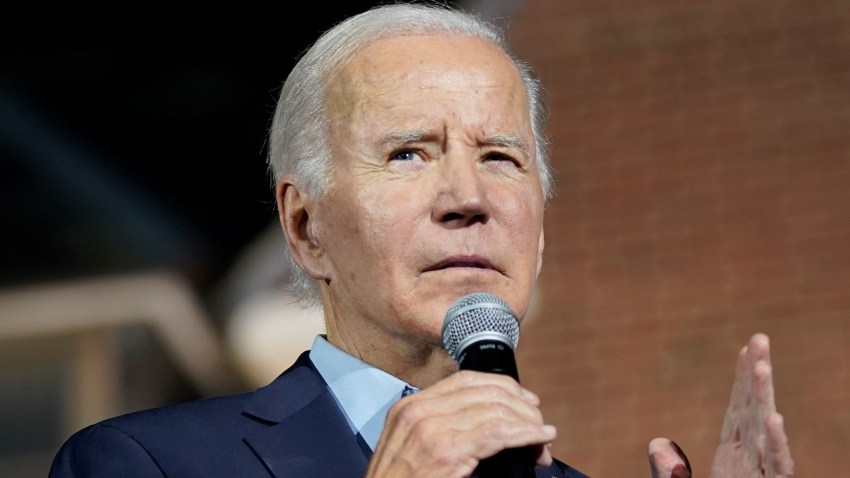In recent weeks, various reports have signaled that negotiations between the government of Venezuelan President Nicolas Maduro and the country’s political opposition would resume in Mexico—but only once the U.S. midterm congressional elections were over. The articles did not suggest the effort to break the political impasse in Caracas was contingent on the results of the elections, or that the outcome in terms of which houses of Congress, if any, the opposition Republican Party ends up controlling and by what margin would stop the talks from taking place.
Instead, the parties in Venezuela were concerned that the results, whatever they might be, could impact the conditions and tone of their dialogue, and neither side wanted to come back to the table after a hiatus of just over a year, only to have the situation in Washington upend their agenda weeks later. So steps to resolve Venezuela’s political crisis were put on pause until the U.S. held its elections, even though the results didn’t really make a material difference as to whether the talks would proceed.
Venezuela’s extreme case exemplifies how governments across Latin America have kept a close eye on the U.S. midterms, even though the implications of the various potential scenarios were hard to decipher. The midterm results do not have the same direct and immediate implications for U.S. foreign policy and Washington’s engagement with Latin America that a U.S. presidential transition does. But they can change the focus of a presidential administration, as well as its ability to act and the level of attention it gives to the region. Perhaps most importantly, midterm elections give hints as to what to expect from the next presidential election two years away.

